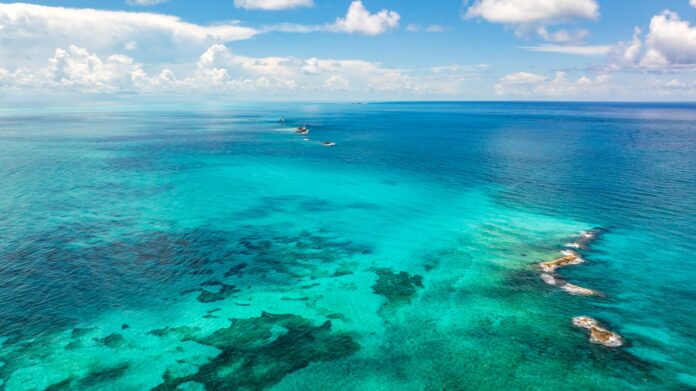Coral reefs are often referred to as the rainforests of the sea, and for good reason. These vibrant underwater ecosystems are not only visually stunning but also play a critical role in maintaining the health of our oceans and protecting coastal areas.
The Ecological Significance of Coral Reefs
Coral reefs are among the most diverse and productive ecosystems on the planet. They provide habitat and shelter for approximately 25% of all marine species, despite covering less than 1% of the ocean floor. This biodiversity is crucial for the health of the ocean, as it supports a wide range of marine life, from tiny plankton to large predatory fish. The complex structures of coral reefs offer numerous niches and breeding grounds, which are vital for the life cycles of many marine organisms.
In addition to providing habitat, coral reefs contribute significantly to the productivity of the ocean. They facilitate nutrient cycling and energy flow, which are essential for the growth and survival of marine species. The symbiotic relationship between coral polyps and zooxanthellae algae is a prime example of this productivity. The algae photosynthesize and produce oxygen and organic compounds that the coral polyps use for growth and energy, while the polyps provide the algae with carbon dioxide and a protected environment.
Coral reefs also play a significant role in carbon and nitrogen fixation, processes that are vital for maintaining the balance of these elements in the ocean. By sequestering carbon dioxide, coral reefs help mitigate the impacts of climate change. Moreover, the calcium carbonate structures formed by corals act as carbon sinks, further contributing to the reduction of atmospheric carbon levels.
How Coral Reefs Act as Natural Coastal Defenses
Coral reefs serve as natural barriers that protect coastal communities from the devastating effects of waves, storms, and erosion. The physical structure of coral reefs dissipates wave energy, reducing the impact on shorelines. This function is particularly important during extreme weather events, such as hurricanes and typhoons, where the presence of healthy coral reefs can significantly reduce the damage to coastal infrastructure and human lives.
The wave-breaking ability of coral reefs is due to their complex and rugged structures, which absorb and scatter the energy of incoming waves. This natural defense mechanism not only protects coastal areas but also helps in the formation and maintenance of beaches and sandbanks. By preventing coastal erosion, coral reefs contribute to the stability of shorelines, which is essential for the livelihoods of millions of people living in coastal regions.
Furthermore, coral reefs support the growth of mangroves and seagrasses, which are also critical for coastal protection. These ecosystems work in tandem to create a multi-layered defense system. Mangroves and seagrasses trap sediments and stabilize the seabed, while coral reefs reduce wave energy. This synergy enhances the resilience of coastal areas to natural disasters and the impacts of climate change, such as sea-level rise and increased storm intensity.
The Impact of Coral Reefs on Marine Biodiversity
The biodiversity supported by coral reefs is unparalleled in the marine environment. These ecosystems provide essential resources and habitats for a myriad of marine species, including fish, invertebrates, and marine mammals. The structural complexity of coral reefs creates a variety of microhabitats, which support different life stages of marine organisms, from larvae to adults. This diversity of habitats is crucial for the survival and reproduction of many species, contributing to the overall health and resilience of marine ecosystems.
Coral reefs are also vital for the survival of many commercially important fish species. These species rely on coral reefs for spawning, nursery grounds, and feeding areas. The decline of coral reefs can lead to a decrease in fish populations, which has significant implications for global fisheries and food security. Healthy coral reefs support sustainable fisheries by providing a steady supply of fish and other marine resources, which are essential for the livelihoods of millions of people worldwide.
Moreover, coral reefs play a crucial role in supporting marine tourism, which is a significant source of income for many coastal communities. The aesthetic appeal and biodiversity of coral reefs attract millions of tourists each year, generating revenue and creating jobs. This economic benefit underscores the importance of conserving coral reefs, not only for their ecological value but also for their contribution to human well-being and economic development.
Coral reefs are indispensable to the health of our oceans and the protection of coastal areas. Their ecological significance, role as natural coastal defenses, and impact on marine biodiversity highlight the need for concerted efforts to conserve and restore these vital ecosystems. By understanding and valuing the crucial role of coral reefs, we can take meaningful steps towards ensuring their survival for future generations.
